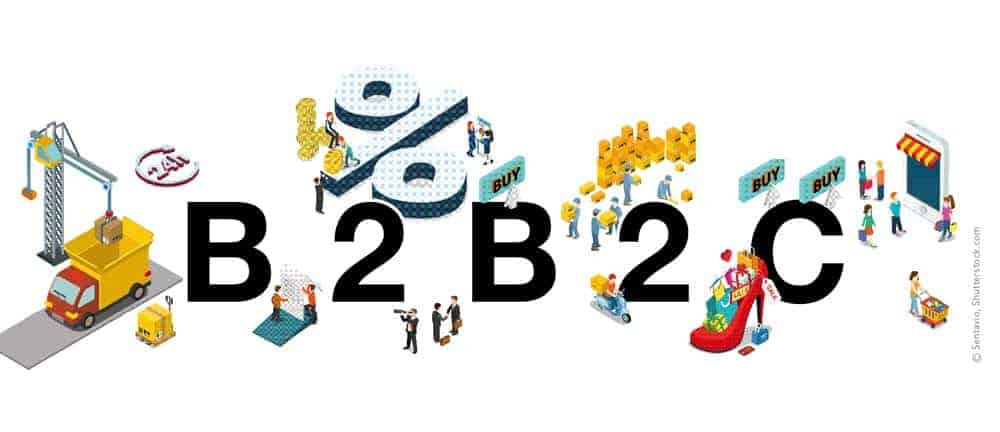The really relevant content


Digitization has long since ceased to be a topic of innovation - we are already in the thick of it. The challenges are particularly noticeable in the retail sector: customer behavior and expectations are changing at a speed that retailers are struggling to keep up with.
In the digital world, purchases are made at all times, across all channels, and in interaction with the physical world. Digital and physical worlds are becoming increasingly blurred.
The key to a competitive advantage
lies in the efficient use of customer data. It is not for nothing that data is declared to be the gold of the 21st century. Those who manage to understand their customers with the help of their data will retain them in the long term, reach new customer groups and stay one step ahead of the competition in the future.
But how do you get to grips with the immense variety of data and draw the right conclusions from it? How can I react adequately to the individual behavior of each customer in the shortest possible time? Better yet, how do I know today what my customer's buying behavior will be like tomorrow?
You've already noticed: the classic rules for marketing, sales and service no longer apply today. Every customer is unique and complex - reaching them requires more than an endless barrage of one-size-fits-all advertising.
The challenge
The challenge is, on the one hand, to seamlessly link virtual and physical processes in order to reach customers where they are. On the other hand, the interpretation of data into customer profiles is necessary, which subsequently lead to individualized customer communication.
From marketing processes to aspects of sales to customer care and service, more complex processes along the sales process are needed to sustainably strengthen customer relationships. Whether digital or in the physical world.
The solution
But how can this challenge be met? Many companies already use CRM software. But a multitude of non-synchronized systems with conventional functionalities no longer meet today's customer relationship management requirements.
One possibility is offered by solutions that include CRM functionalities, comprehensive analytics tools and marketing automation. SAP, among others, has developed a solution for this: Hybris Marketing.
This marketing solution aggregates customer data from a wide variety of sources in a data pool based on the in-memory DB Hana. By linking context-based customer data in real time, an individual customer profile is created that enables personalized and cross-channel marketing - regardless of channel and end device.
The result
Through real-time contextual data, therefore, there is an opportunity to create and develop dynamic customer profiles, as the data enables predictions to be made about a customer's likely buying behavior.
Segmentation functionalities also enable personalized campaigns across all channels at any point in time. These campaigns can be planned or generated ad hoc.
As a result, companies are no longer able to process their customers as an anonymous group, but to understand almost every customer as an individual and unique person.
With individually tailored and thus relevant content, companies can thus successfully retain customers and reach new customer groups.






